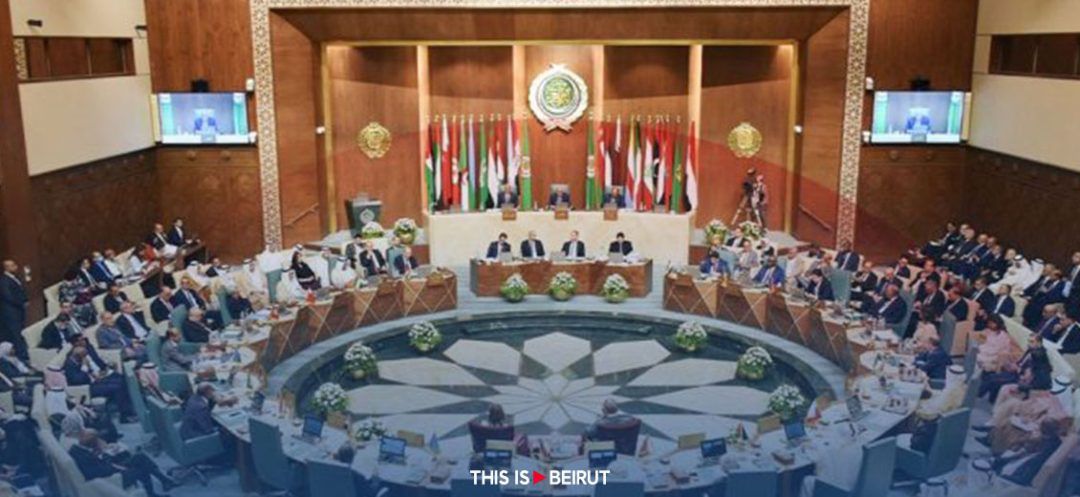
Many challenges surround the notion of Arab identity or Arabism, more so in practicality than in theory. The theoretical aspect faces continuous criticism and scrutiny, raising questions about its feasibility and the advantages of steadfastly upholding it, given the significant global changes in power dynamics, which have undergone profound shifts across various levels.
If the concept of Arabism is organically and intellectually tied to the concept of "Arab nationalism," both notions face substantial challenges. This is especially true, as for decades, they have endured manipulation and exploitation by Arab military and dictatorial regimes. The latter adopted and promoted these slogans while simultaneously contradicting their principles. Furthermore, some of these regimes exploited the central issue of the Arab cause, specifically the Palestinian problem, without undertaking the necessary steps to address it properly.
Undoubtedly, the concept of Arabism has faced major upheavals in recent decades, with notable distortions both theoretically and in practice. This has fostered a widespread sense of frustration among Arab populations, or at the very least, a growing indifference. Despite the promising aspirations put forth, none have successfully materialized. In some instances, some Arab governments have intentionally and strategically pursued policies that starkly compete with these initiatives, thereby displaying a keen political awareness.
While the unilateral actions of certain Arab governments have deepened these distortions and made the notion of Arab identity seemingly elusive, collective Arab efforts have not fared much better. The institutional framework, especially the Arab League established in 1945, has failed to achieve noteworthy progress in the realm of unified Arab efforts. In turn, Arab summits have turned into routine gatherings where the leaders have been stricken by a sense of total apathy. The matter has been limited to the mere issuance of condemnation and disapproval statements, with no effective mechanisms for any potential tangible action.
Some argue that Arab countries could have achieved more by prioritizing economic considerations and striving for a minimum level of convergence. This pragmatic approach, rooted in immediate self-interest rather than strict adherence to the ideological principles of Arab nationalism, mirrors the early stages of European integration. In the mid-1950s, the creation of the Coal and Steel Community expedited the unification of the continent. This transformative process not only facilitated the free movement of people and goods but also culminated in a significant monetary leap with the adoption of a unified currency.
Perhaps a cross-dimensional comparison between Arab and European countries may not perfectly align, but it is a valid and highly pertinent one. Arab nations share a closer connection in terms of civilization, heritage, history, and language than some European countries do with each other. Despite these similarities, the latter nations have successfully navigated their differences and rivalries, steadily progressing toward unity and sustaining it over decades.
Undoubtedly, the European Union faces considerable hurdles, especially following Brexit. Britain’s withdrawal, given its substantial political and economic influence, has introduced tremendous challenges. Internal discord within Europe further complicates matters, mainly regarding French-German competition. Nevertheless, these factors haven't halted the European Union's momentum; it is still going forward despite emerging challenges, including Islamophobia, legal and illegal migration, and other pressing issues.
A pervasive trend of stagnation prevails across the Arab world. The political and economic priorities among Arab countries reveal substantial discrepancies intricately linked to the diverse challenges faced by each country. The difficulties confronted by Lebanon or Iraq, for instance, are different from those encountered by Saudi Arabia or Morocco and stand apart from the issues in Algeria or Tunisia. The circumstances in Somalia, for example, sharply contrast with those in Kuwait, while Libya's situation varies from that in the Sultanate of Oman.
Does this signify a shift away from the notion of Arab identity and a complete disengagement from it? First and foremost, there is an urgent need to overhaul the Arab League, ensuring it is better equipped to deal with the challenging political reality in the Arab region. Secondly, there is a need to work towards aligning Arab priorities, and achieving economic convergence could serve as a crucial approach rather than solely focusing on political dimensions.
Despite unrelenting efforts to stifle it, the notion of Arab identity remains alive, yet it now teeters on the edge. Unfortunately, those responsible for upholding it are unable to facilitate its resuscitation, and that is not just a mere coincidence.
Read more




Comments